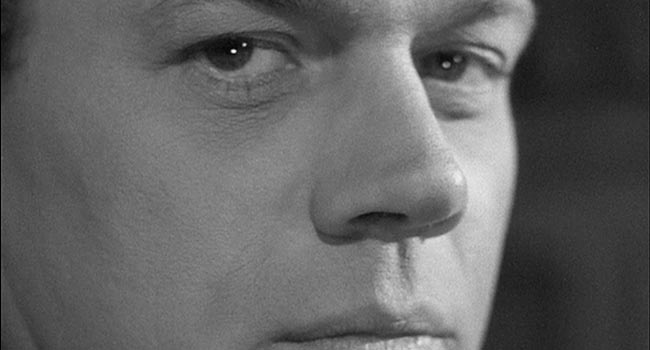


Tutino has not only made an indispensable contribution to the history of early modern skepticism and doubt, but has also recovered for attention the early modern origins of 'post-modern' awareness of the fragile relationship between truth and language. "This highly original and brilliantly argued study of the way in which truth claims were made and debated in post-Reformation Catholic culture is the work of a world-class scholar at the very top of her game. She throws light on the vibrancy of early modern Catholic intellectual culture in a way that has rarely, if ever, been done before." - Jan Machielsen, English Historical Review Tutinoâs mastery of the Roman and Vatican archives is unrivalled. "It is impossible not to be impressed with the author's erudition. Post-Reformation Catholic culture was not only concerned with articulating and affirming absolute truths, but also with exploring and negotiating the complex links between certainty and uncertainty.īy bringing to light this fascinating and hitherto largely unexamined side of post-Tridentine Catholicism, Tutino reveals that post-Reformation Catholic culture was a vibrant laboratory for many of the issues that we face today: it was a world of fractures and fractured truths which we, with a heightened sensitivity to discrepancies and discontinuities, are now well-suited to understand. Tutino examines the thinkers whom few scholars mention and fewer read, demonstrating that post-Reformation Catholicism was not simply a world of solid certainties to be opposed to the Protestant falsehoods, but also a world in which the stable Truth of theology existed alongside and contributed to a number of far less stable truths concerning the world of men. The militant aspects of post-Tridentine Catholicism can be appreciated through study of figures such as Robert Bellarmine or Cesare Baronio, the solid pillars of the intellectual and theological structure of the Church of Rome however, an understanding of the more enigmatic aspects of early modernity requires exploration of the demimonde of post-Reformation Catholicism. Most of these case-studies illuminate little-known figures in the history of early modern Catholicism.

Shadows of Doubt provides a collection of case-studies centered on the relationship between language, the truth of men, and the Truth of theology. Showing that post-Reformation Catholicism did not simply usher in modernity, but indeed postmodernity as well, her study complicates the well-established scholarly view concerning the context of the Protestant Reformation and the Catholic response to it. Stefania Tutino shows that the hermeneutical and epistemological anxieties that characterize our current intellectual climate are rooted in the early modern world. Oxford Research Encyclopedias: Global Public Health.
#Shadows of doubt and fear series
The European Society of Cardiology Series.Oxford Commentaries on International Law.


 0 kommentar(er)
0 kommentar(er)
